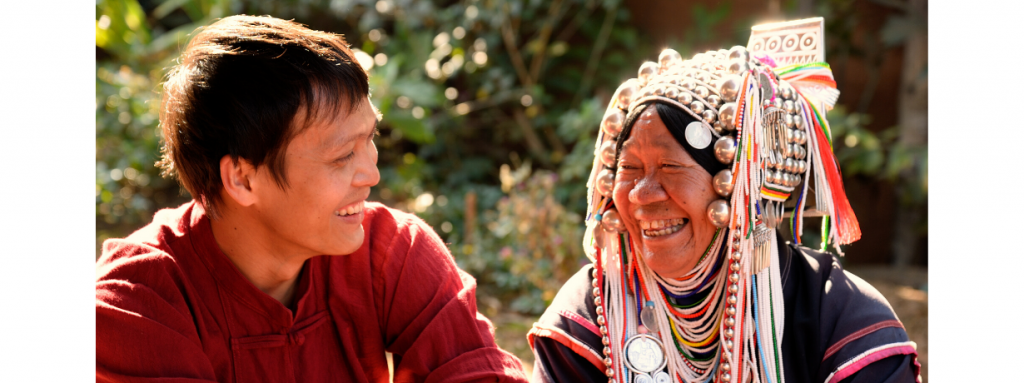Co-Authors: Faye Goh & Neha Goyal
4 min read
He uses sustainable tourism as a tool for community development and empowerment across communities who would otherwise have been exploited by the unforgiving tourism industry.
What inspired you to start Local Alike?
I was born in a very small village and grew up in poverty. My parents always reminded me that I had two possibilities in life, either get higher education or be a labourer. I studied hard and eventually got a job as an Engineer in a German company. After 3 years working in the company, I took a month off to travel across Myanmar and India. During my travels, I saw so much inequality and it felt like a reflection of my own childhood. That inspired me to study Sustainability Management and I eventually took on an internship at Mae Fah Luang Foundation.
During my two-month internship, I worked on developing a homestay business plan and found that tourism practices in Thailand were terribly unsustainable. Villagers were being taken advantage of and neither tourist nor villager benefitted.
This inspired Local Alike. I tried to sell the idea to tour companies but they were not interested in our packages. So, we started our own tour company to build the capability of villages to manage their own tourism and bring the right kind of travelers into the village. We also set up a community-based development fund to solve problems like simple waste management, environment, healthcare or infrastructure problems.
Local Alike has been around for 9 years, what are the challenges you have faced over time?
Initially, I had two main problems. One was designing an equitable business model that ensure villagers feel a sense of ownership, and the second was raising capital. It was a challenge to get investors on board because they didn’t understand why we had to spend so much time working with the community, especially given that we could not promise them market-level returns.
I decided to go about this a different way – by joining competitions. When we win we get both capital and media publicity! We are fortunate to have won many competitions like the Banpu Champions for Change Challenge and the DBS Social Ventures Challenge.
For the last 3 years, we have been making a profit. But, we need to ensure that the tour teams operate efficiently and effectively by continuously communicating, both internally and externally, what Local Alike represents.
I think the next challenge will be expanding our work across 130 communities, and 300,000 villagers and helping them market their tours and develop their economic sustainability. That’s why we introduced Local Aroy (Aroy translates to delicious) in July 2019. We want to work on food business in local villages so that local village chefs can offer delicious menu and cooking classes to urban dwellers.
What keeps you inspired?
By tapping into local expertise, we see a potential for Local Alike’s tourism model to tackle bigger problems like communities mired in drug trafficking and conflict and slum areas. We hope to expand our impact from village level to the district level, ensuring that the village is sustainable in running their tourism business.
We want to see Local Alike as the leading social enterprise in Thailand and maybe even the first social enterprise to be listed on the stock market in Thailand. From Local Alike to Local Aroy, we are excited to continue building Local ‘Something Else’ in the future!
Look through Local Alike’s Deal Page and reach out if you wish to explore how you can collaborate to further their cause!


















